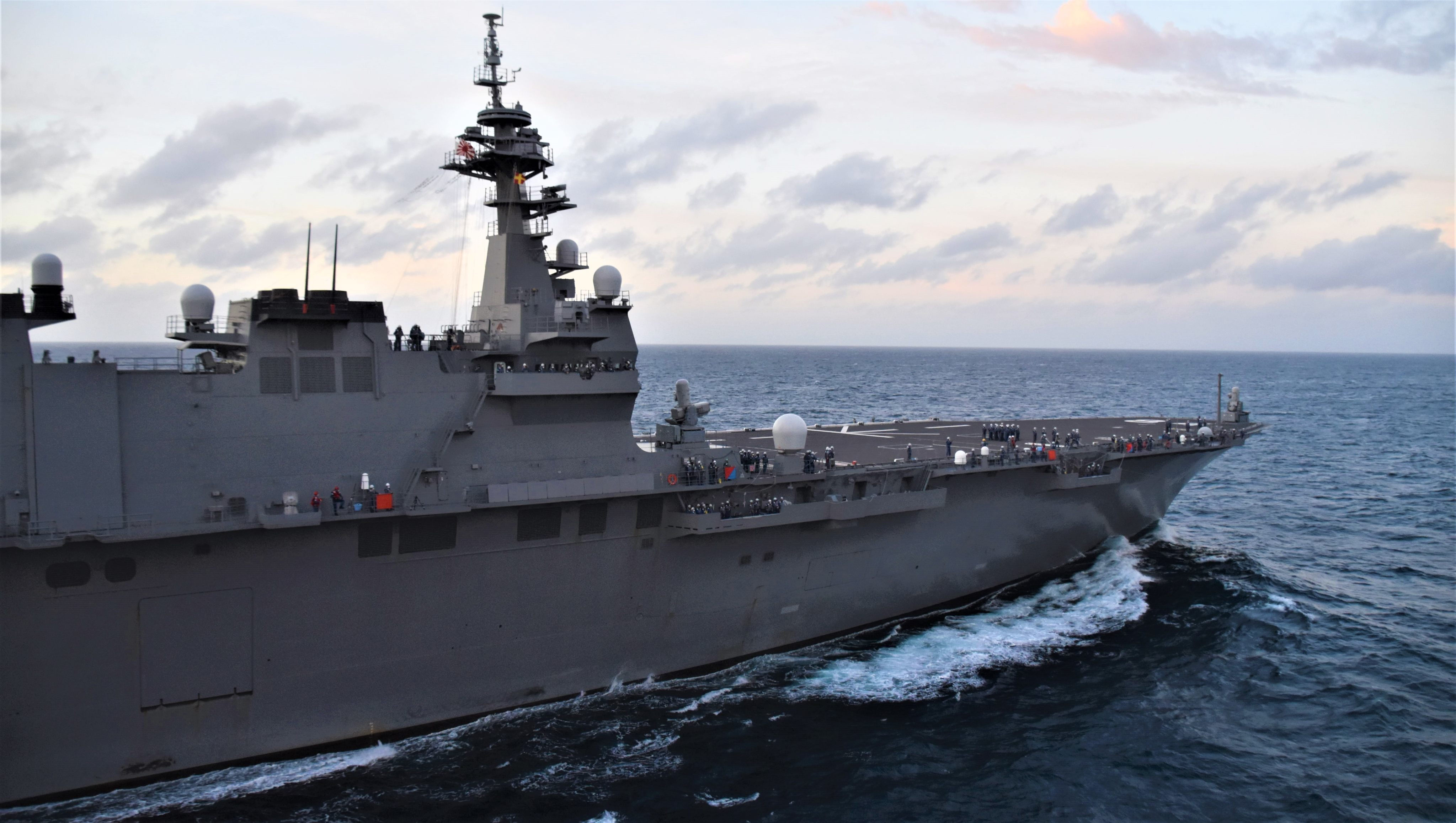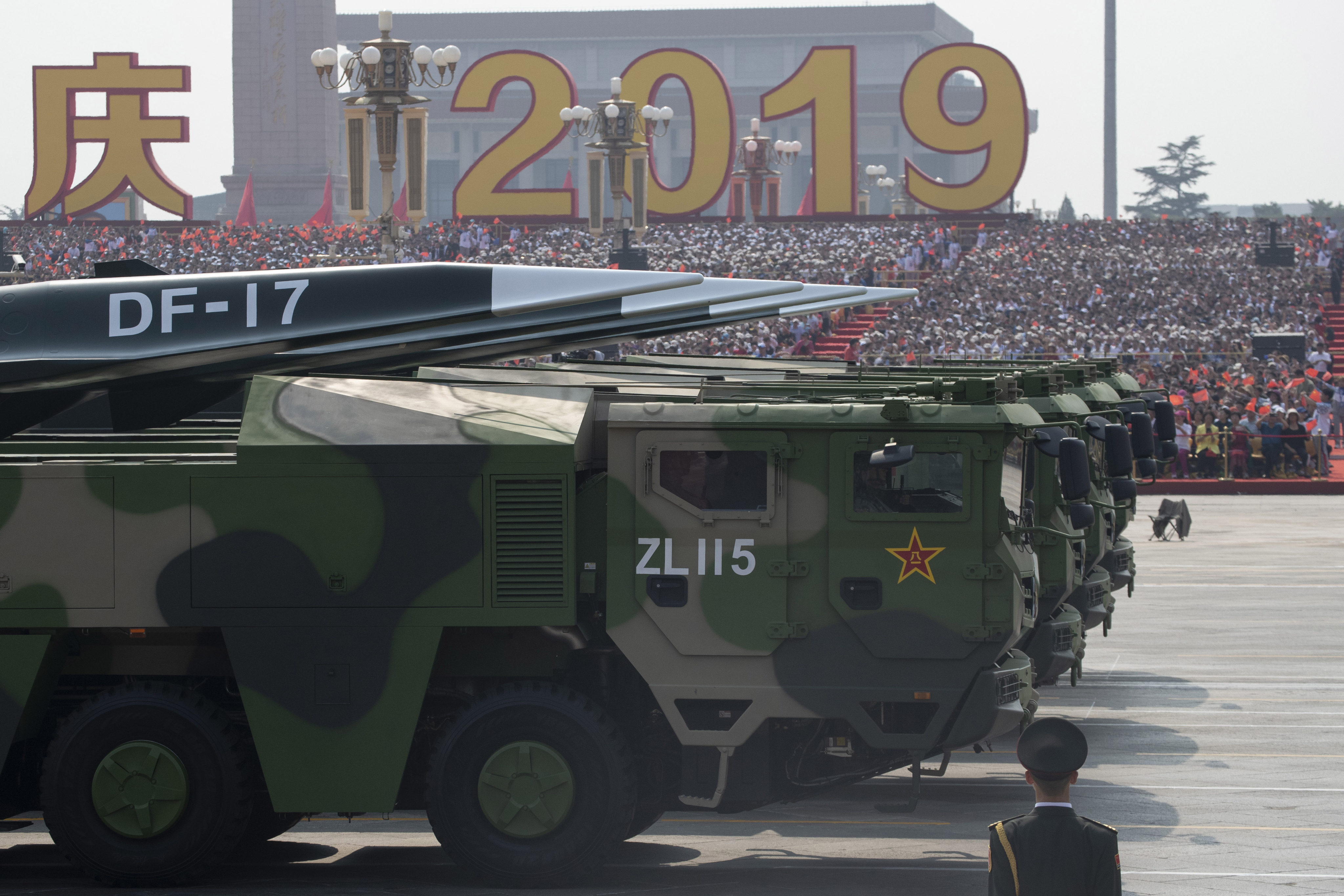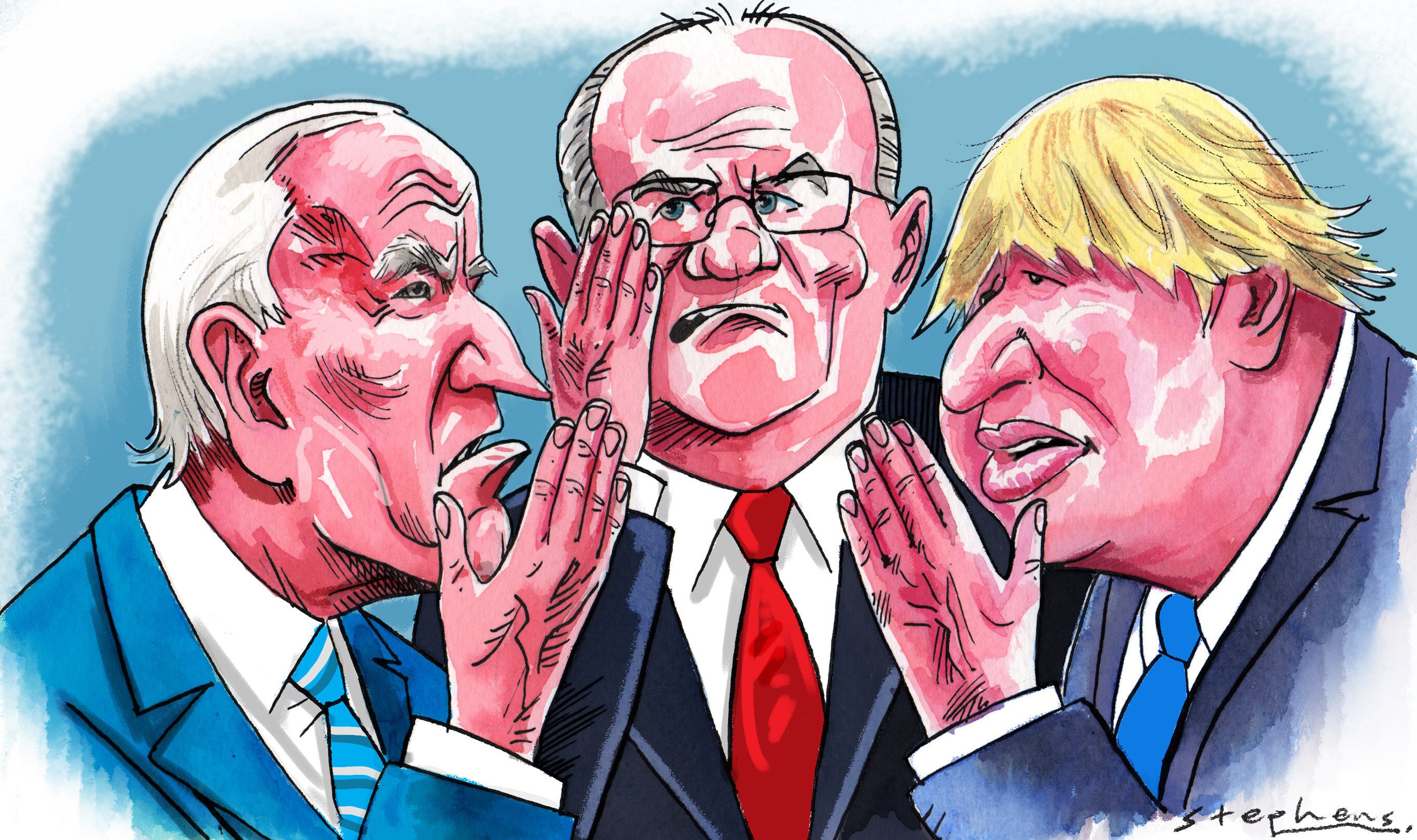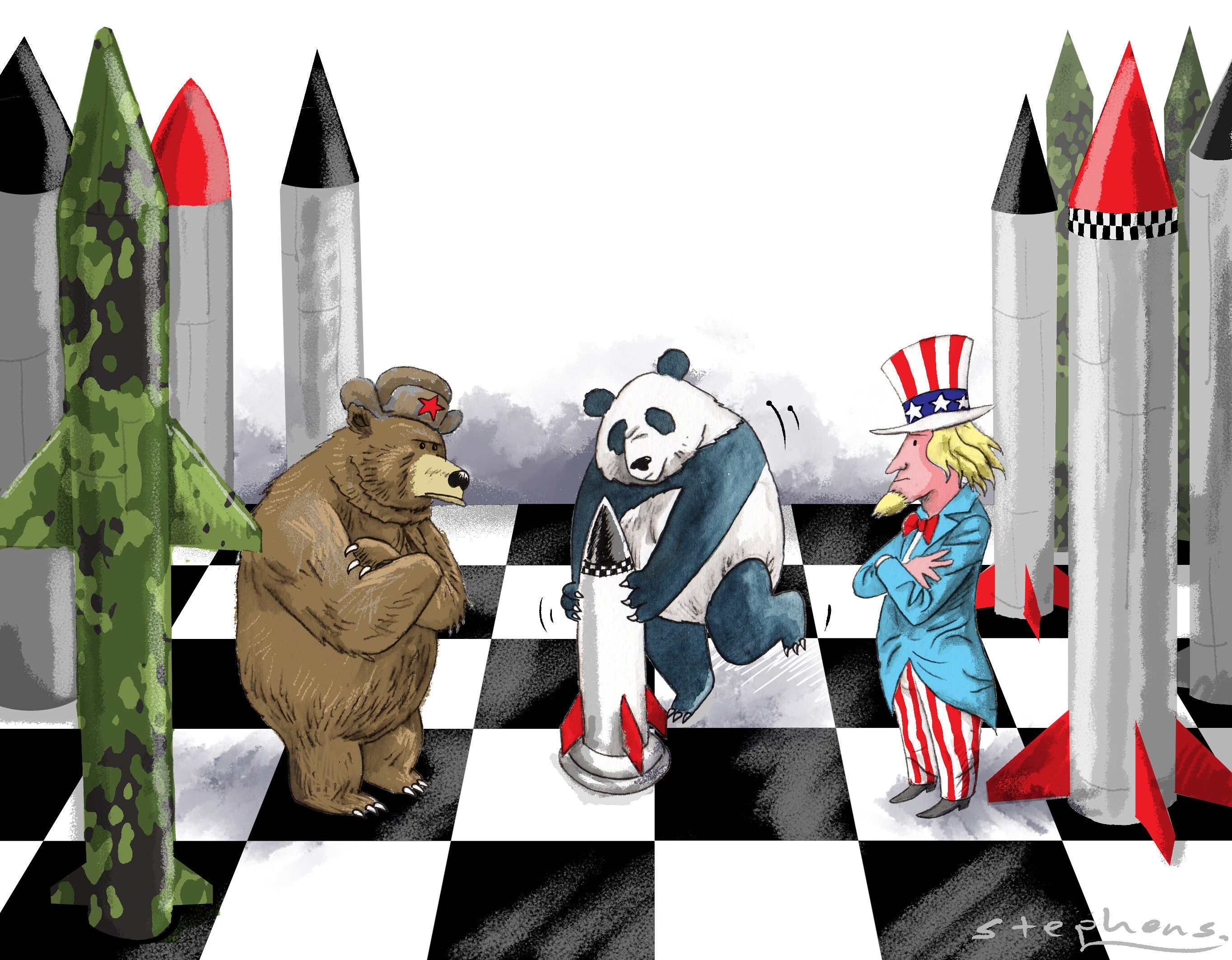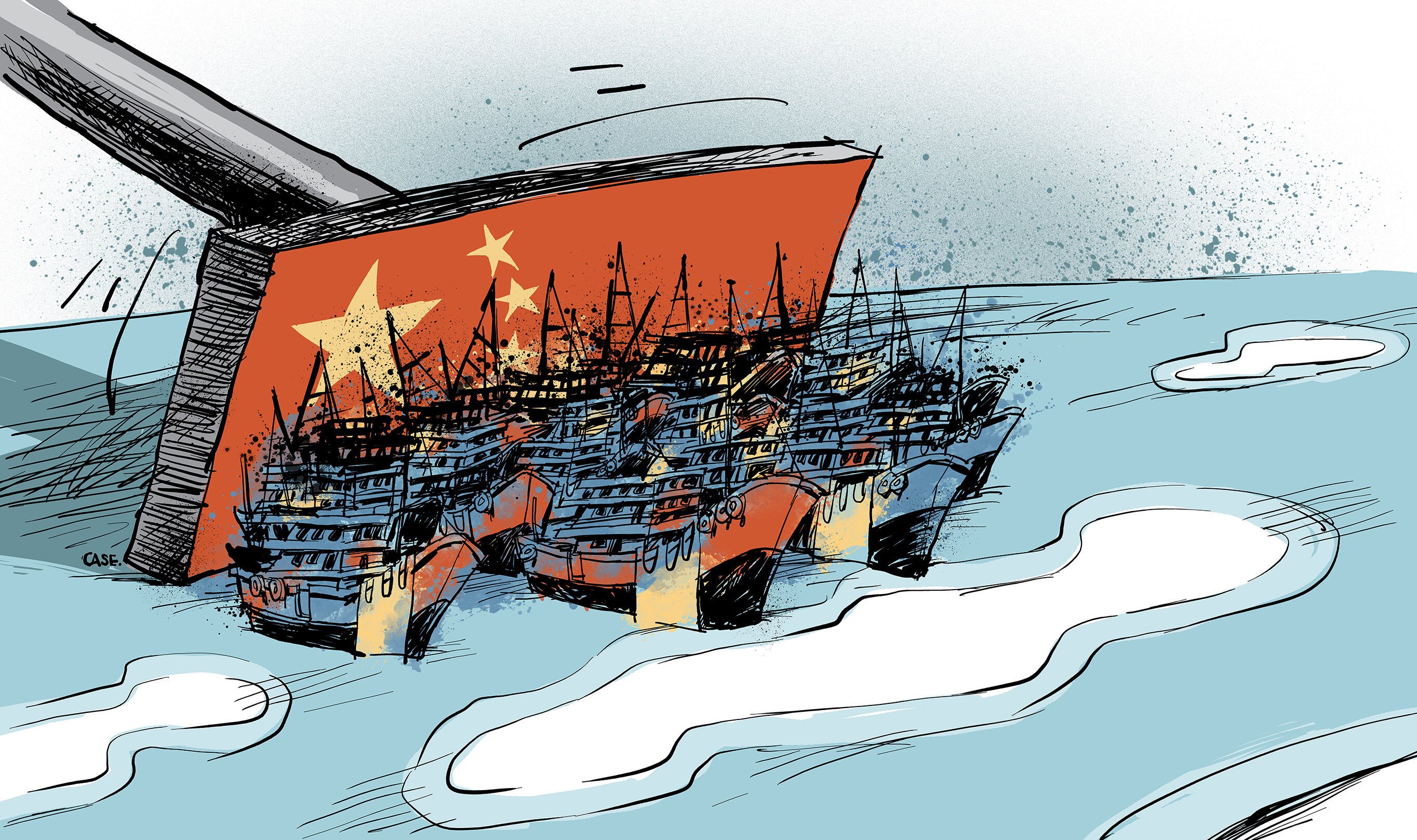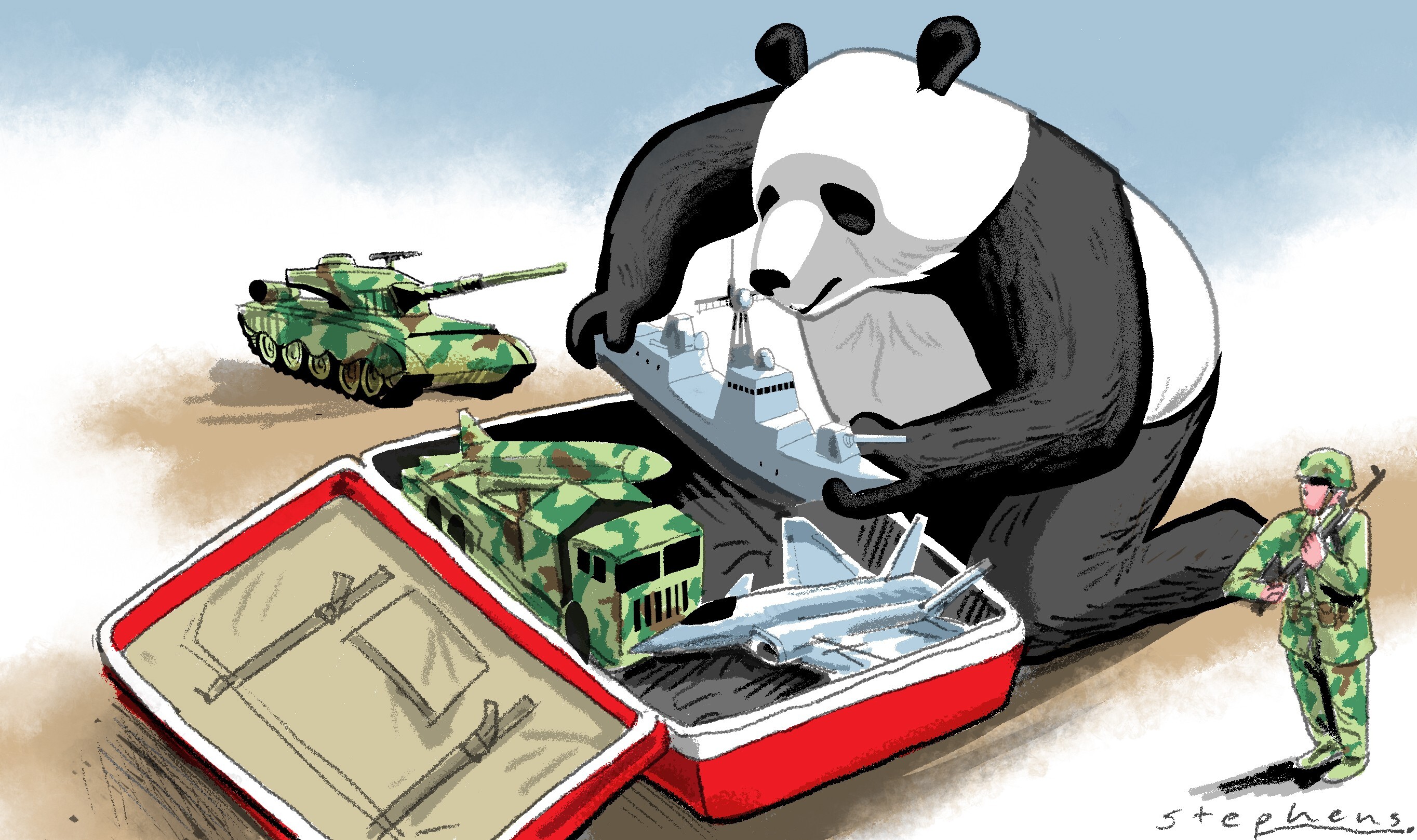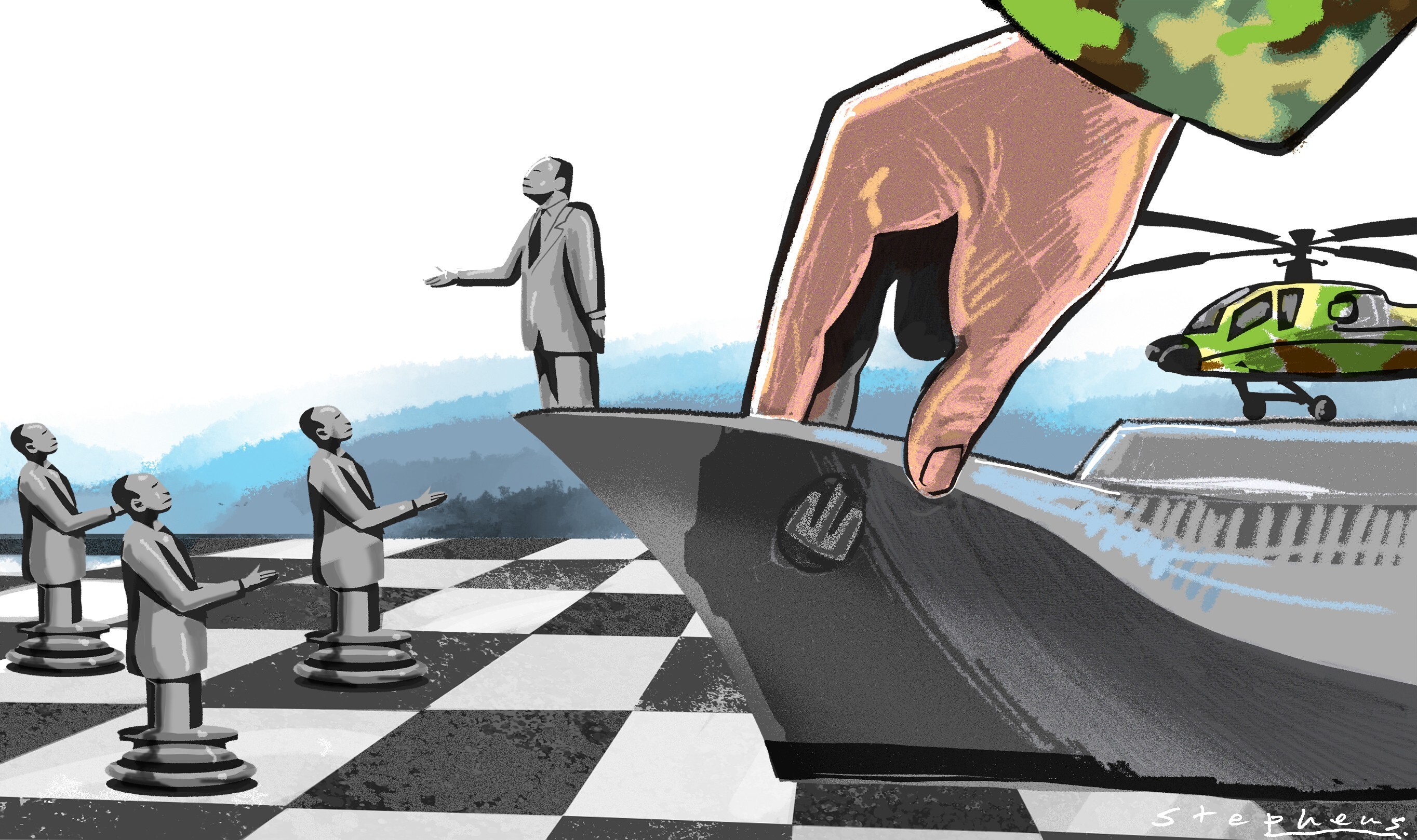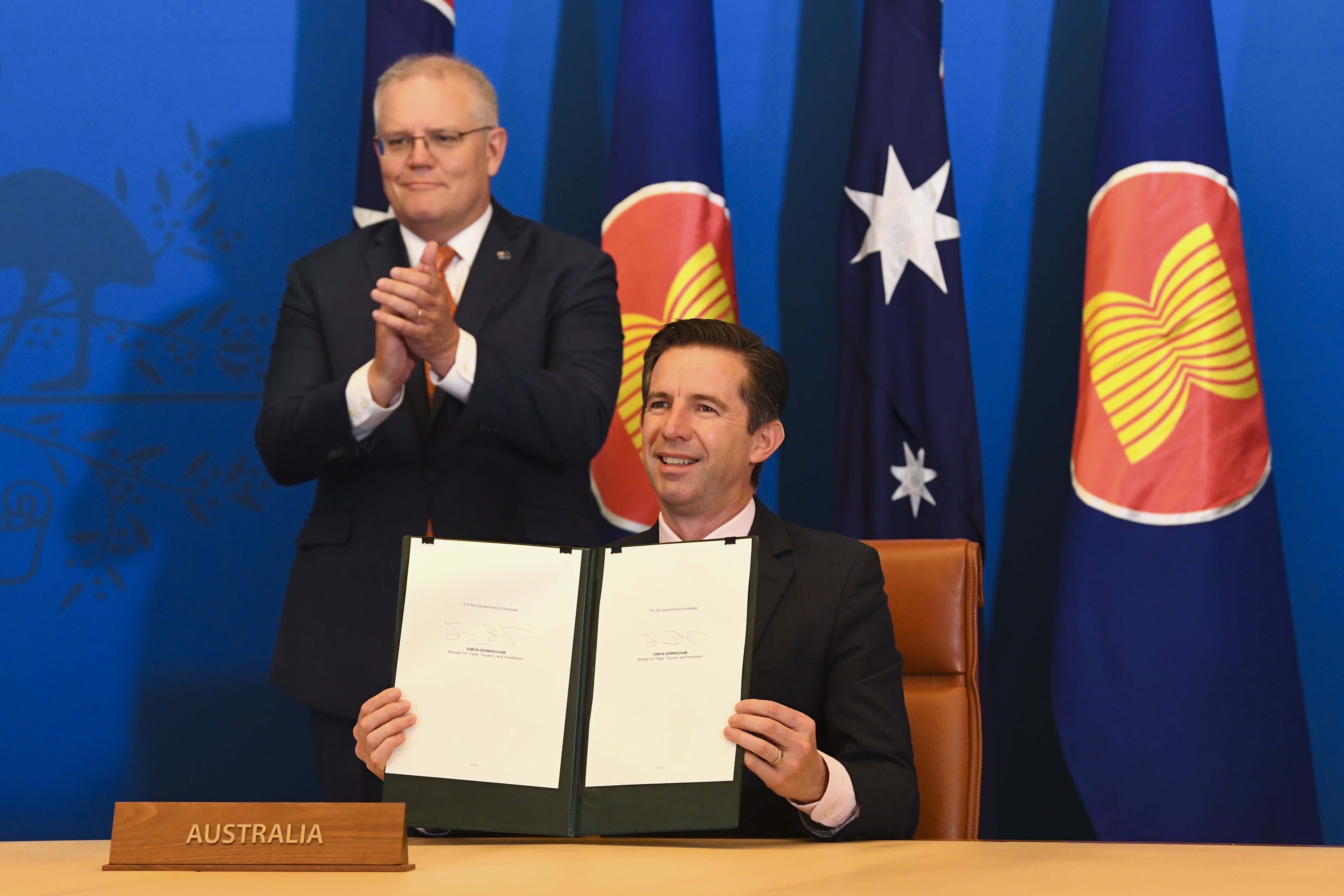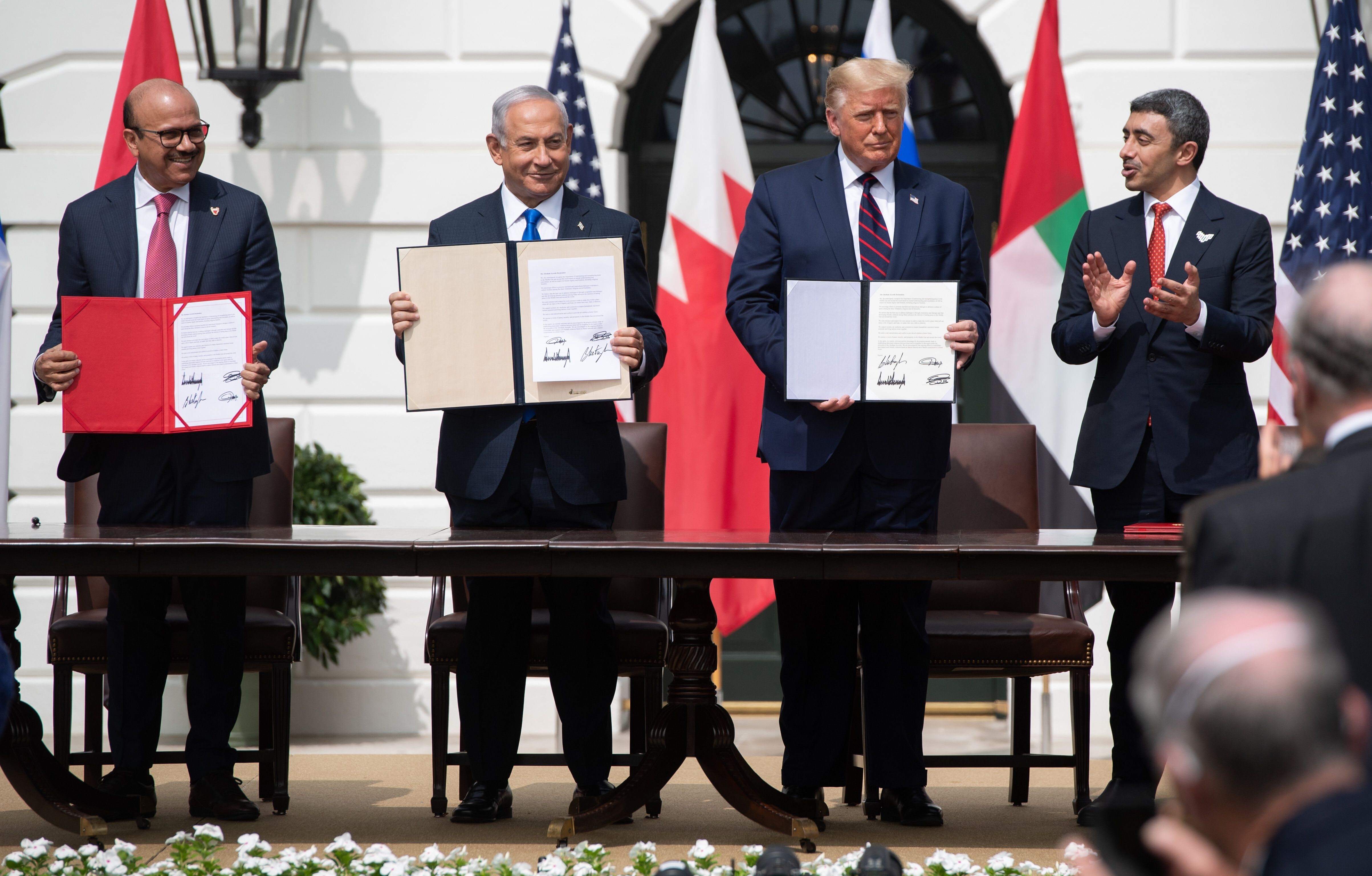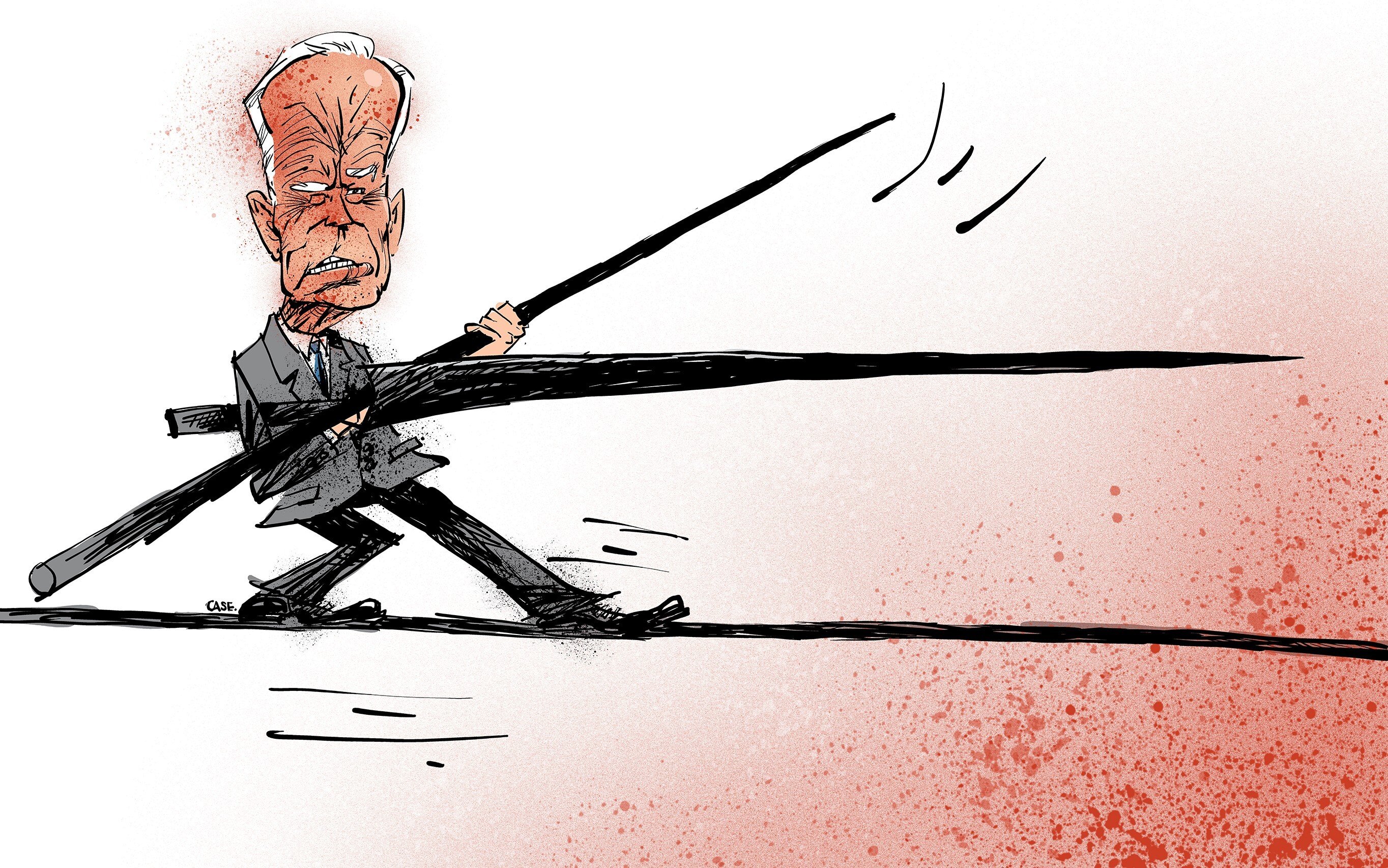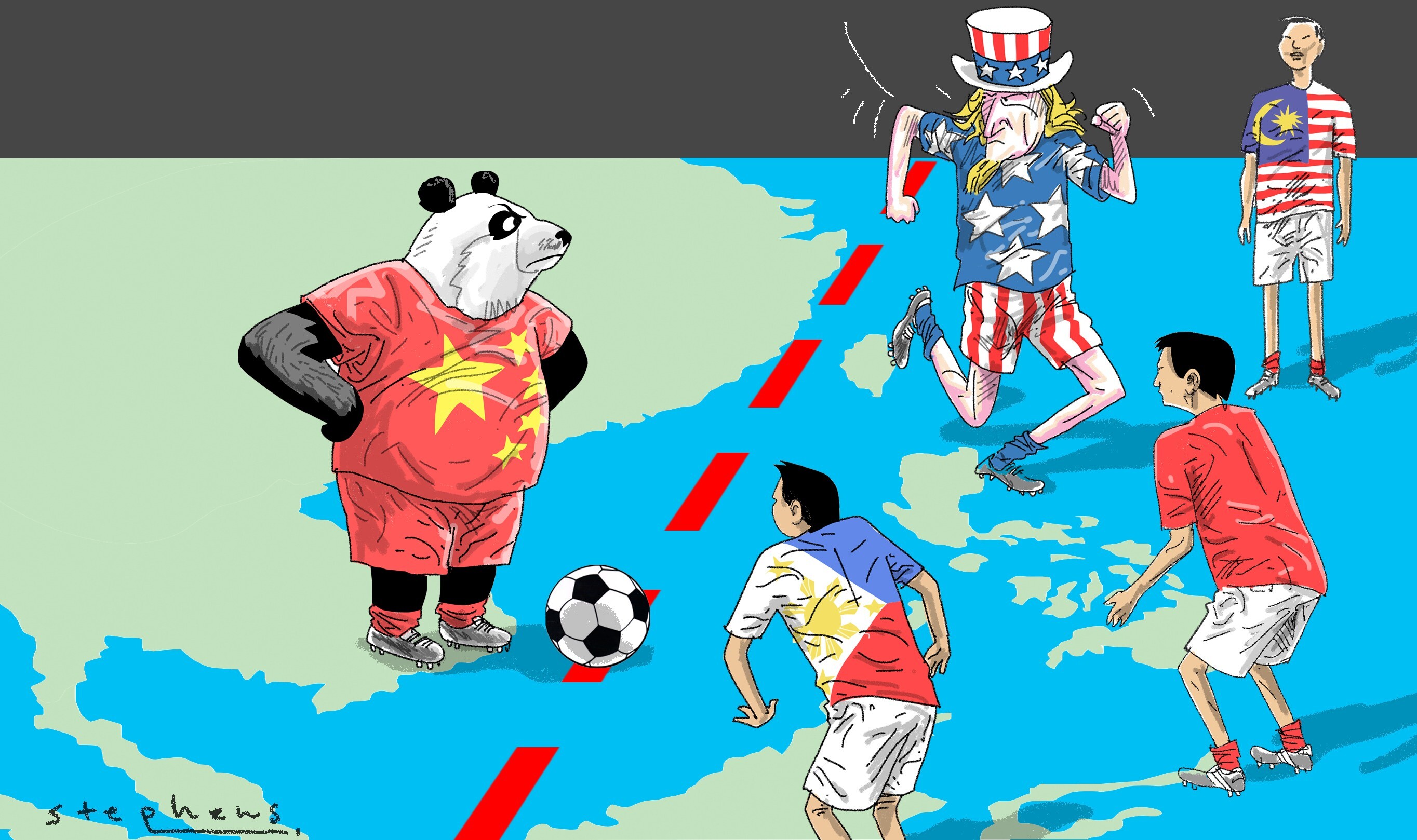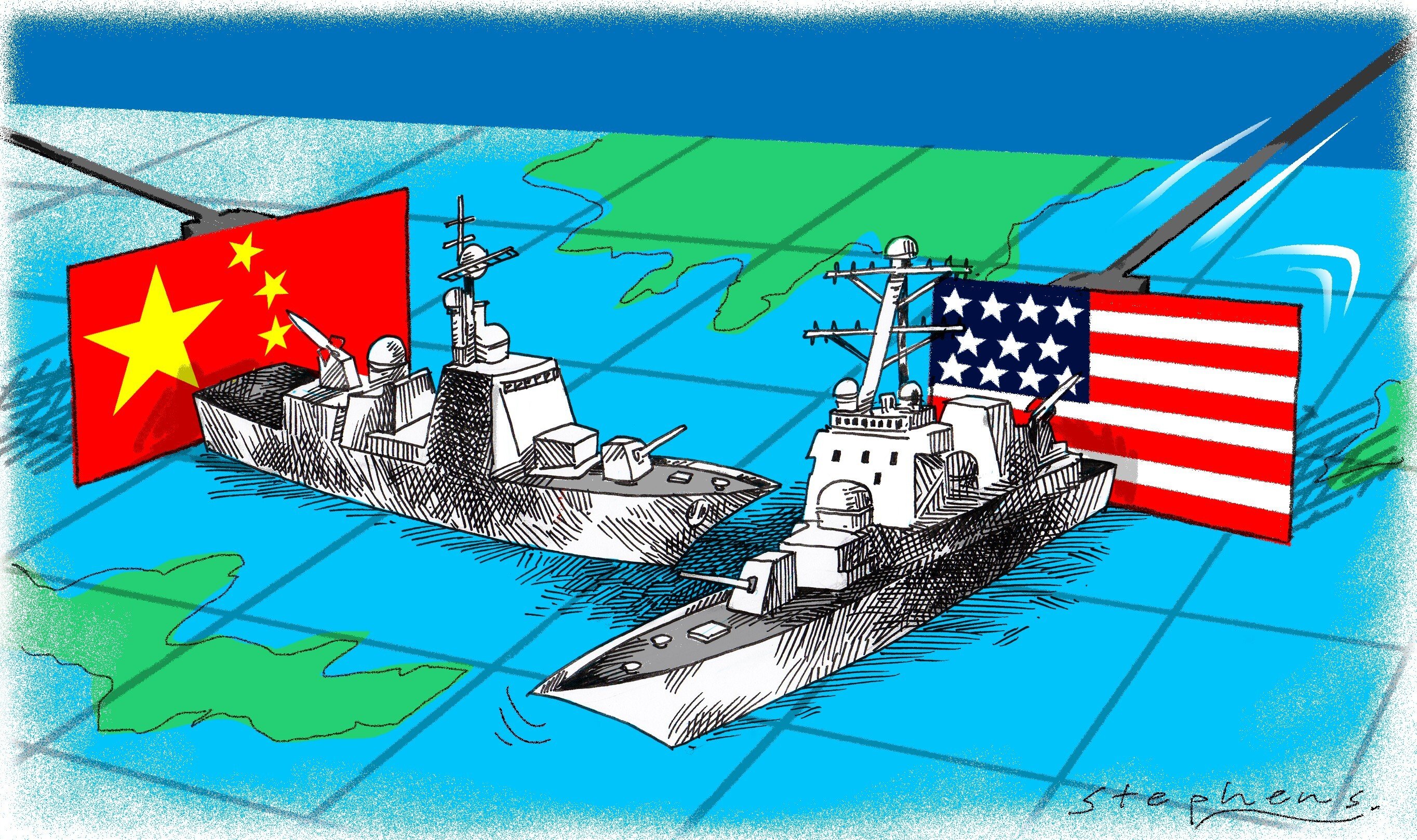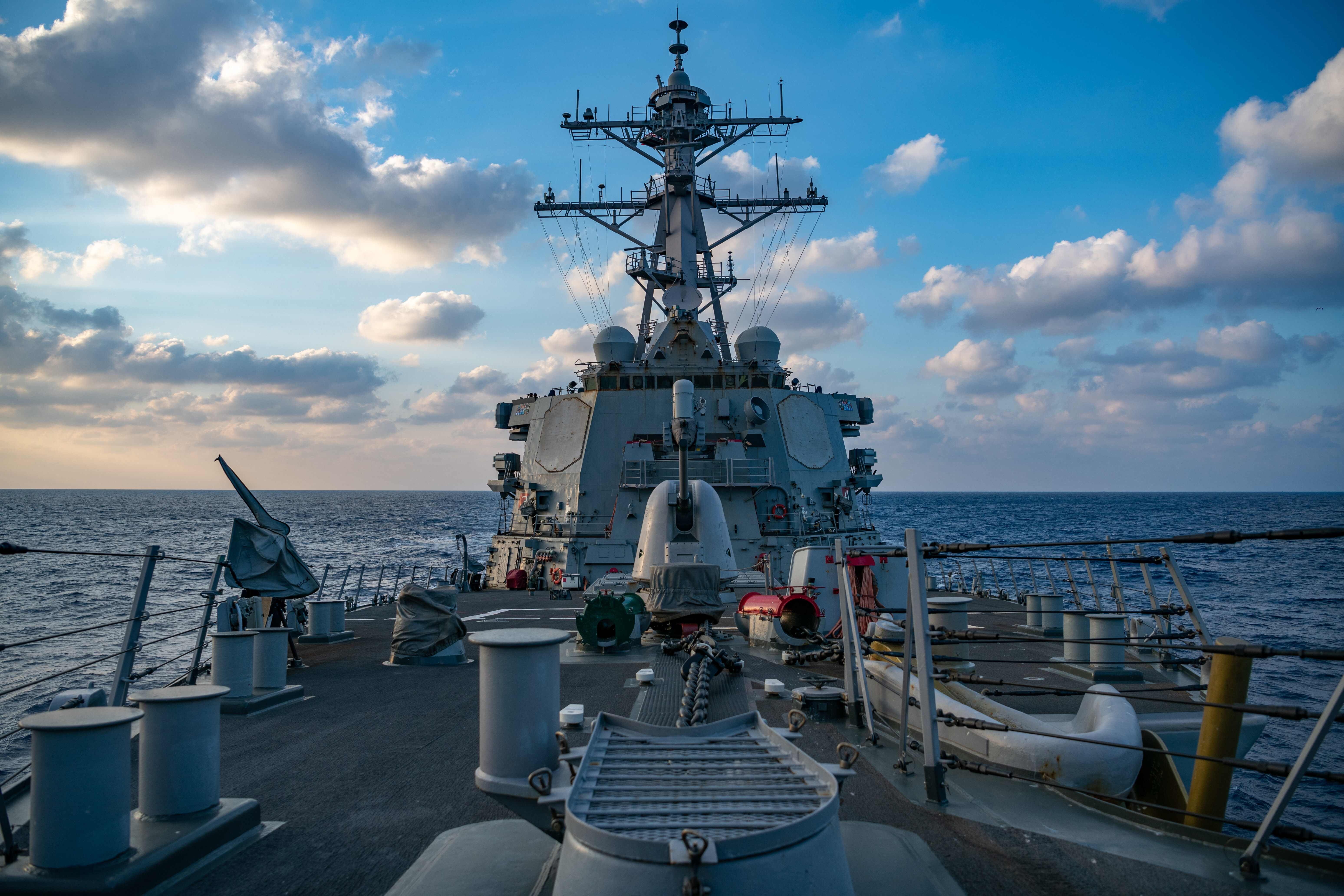
Japan is building up its military capabilities in a way it has not done for 75 years. US allies are, meanwhile, deepening ties with each other and forging new defence relationships.
The test, if reports are accurate, is neither of drastically new technology nor shows capabilities the US does not possess or has not already considered. Still, that China is developing such systems indicates it is seeking ways to defeat US missile defences.
By focusing on the US, UK and Australia, the grouping leaves out key allies and partners, including France, Canada and New Zealand. For Beijing, it shows how its policies towards Indo-Pacific countries, such as sanctioning Australian exports, can backfire.
Beijing’s growing international commercial presence has led to jihadist organisations seeing China as a new colonial power. As the threats multiply, the question will be how it secures the safety of its citizens and interests.
Engaging in arms limitation talks is a chance to show Beijing’s commitment to nuclear restraint. Being part of the conversation would also allow China to press for more stringent restraints on both the US and Russian nuclear arsenals.
Tensions over the 200 Chinese vessels moored off Whitsun Reef have again put the spotlight on the range of capabilities Beijing employs to maintain effective control of the increasingly contested and militarised waterway.
While the UK has not announced an official Indo-Pacific strategy, a series of recent military and economic policy decisions suggests a shift has begun. Driven by a need to diversify trade partners after Brexit, London wants to enhance its relationships in Asia.
By providing legal support for China’s future overseas adventurism, the law underlines Beijing’s intent to be a more activist military power and expands the reasons it might project its power overseas – a change that could shake up global politics.
The trial voyage last month of this yet-to-be-commissioned addition to China’s naval fleet, followed soon after by exercises of three Type 071 ships, would not have escaped the notice of East and Southeast Asian states with whom China has maritime disputes.
The challenge is not that the world’s biggest trade deal is China-led or heralds a Sinocentric order – both of which are misrepresentations anyway – but that the Asia-Pacific region has shown no need of US leadership or even involvement.
The Abraham Accords bring several US allies closer, and recognise that the Iran threat is a greater driver than historical antagonism. Should the US liberalise the sale of advanced military equipment to the region, Beijing would lose a key selling point for its own arms sales.
US presidential hopeful Joe Biden is expected to be tough on human rights and trade policy, open to compromise where necessary, and seek collaboration in climate change and economic recovery.
By aligning the US more closely with the tribunal’s finding in 2016, Pompeo effectively states the nine-dash line has ‘no basis in international law’. While he was careful not to say whether Washington favoured one claimant over another, the US finally appears to be taking a side – against China.
Under the new Pacific Deterrence Initiative, the US aims to increase its bases in Asia and make them harder for China to target in a missile attack, to show Beijing – and US allies – that America is ‘deeply committed’ to defending its interests in the region.
The lack of ideological competition and proxy wars in far-flung corners of the world make it unhelpful to describe the current Sino-US relationship as a new cold war. Trying to recreate the past by splitting the world into two camps will only alienate allies and damage economies.
